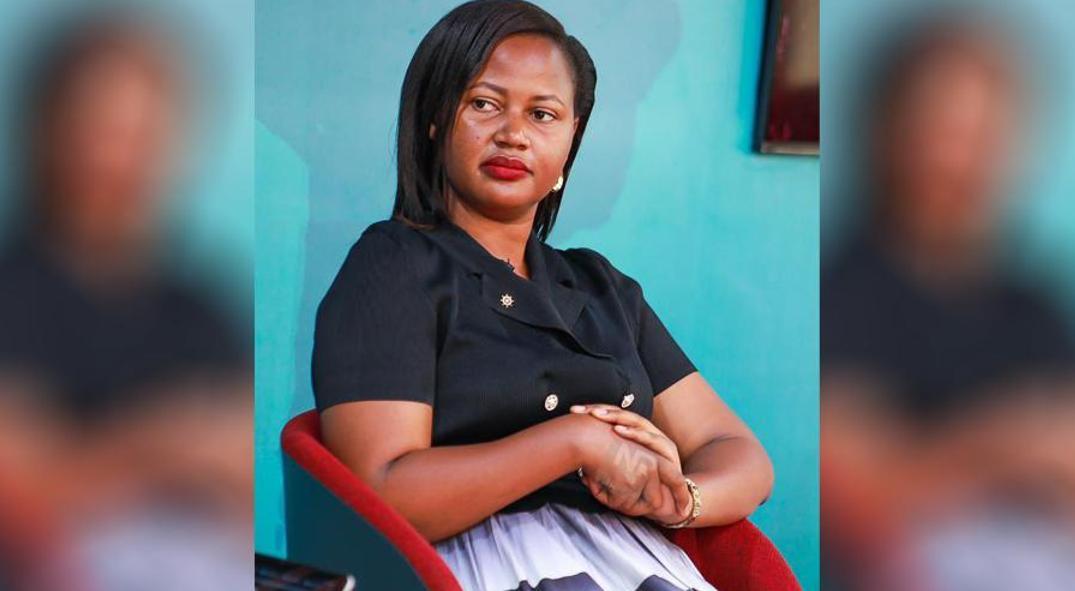Africa-Press – Uganda. As the National Unity Platform (NUP) continues its vetting process ahead of the 2026 general elections, Kampala District Woman MP aspirant Winfred Nakandi has spoken out in strong defence of the party’s internal procedures, dismissing allegations of corruption, bias, and undue influence.
Appearing on NBS Morning Breeze on Tuesday, Nakandi addressed growing skepticism about the credibility of the vetting exercise, which is being closely watched by party members and political observers.
According to NUP officials, the process—now in its second day at the party’s headquarters in Makerere Kavule—is guided by a 60-40 evaluation model: 60% based on grassroots consultations and 40% on performance before the vetting committee.
“If you are going for an exam, you cannot ask for specific questions to be asked. You can just expect certain areas to be questioned,” Nakandi said, stressing the importance of preparation and fairness in the assessment.
She firmly denied suggestions that the process has been tainted by bribery or favoritism.
“I have not been asked for money by anyone in NUP. I cannot therefore say that the party asks people for money in exchange for a flag bearer card,” she stated.
Her comments come as some critics draw parallels between the NUP process and the recently concluded NRM primaries, which were marked by numerous disputes and over 380 formal petitions.
While acknowledging that “influence peddling” is a risk in any political setup, Nakandi argued that it is ultimately up to the public to accept or reject the outcome.
“While it’s easy for influence peddling to happen, we expect it not to happen. The thing is that the people can also reject the party position if they don’t agree with the outcome,” she noted.
Nakandi also used the appearance to highlight her political journey and grassroots credentials.
She began her activism in 2014 under the Forum for Democratic Change (FDC), later served as Vice Guild President at Kyambogo University, and went on to lead the Uganda National Students Association (UNSA) in 2017/18.
At the end of her UNSA term, she joined the then-nascent People Power movement, which would later evolve into NUP.
“If I didn’t have trust in the party processes, I wouldn’t have submitted my papers,” she added.
For More News And Analysis About Uganda Follow Africa-Press






